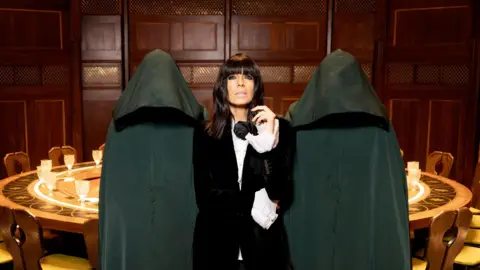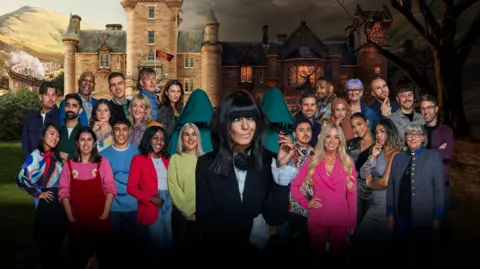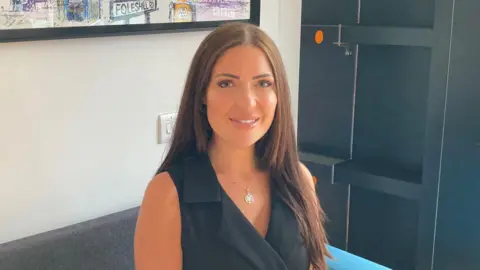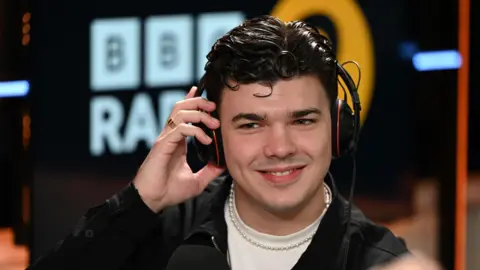An expert's guide to beating the Faithful
 BBC/PA Media
BBC/PA MediaImagine sitting at the round table next to 21 fellow competitors when Claudia Winkleman gently places her hand on your left shoulder.
You are now a traitor.
Your task over the coming days is to gain the trust of those around you, while murdering them, secretively, one-by-one.
Over three series of the BBC's hit TV-show Traitors contestants have used a range of tactics to try and fool their fellow competitors.
Dr Rachael Molitor, chartered psychologist and lecturer at Coventry University, has spent her career studying human behaviour and thinks she may have the tools to become the perfect Traitor.
She has revealed a few key tactics successful candidates have used to get their hands on a prize pot of up to £100,000.
Be yourself
Everyone could be a good traitor, but understanding your personality and playing to your strengths is key, she said.
"I think it's very important to be yourself as much as possible, because you will end up slipping up whether you mean to or not.
"Being someone different than you are can actually create something called cognitive dissonance, which is a dissonance between your beliefs and your actions.
"If you continually create that separation between your own personality and who you're trying to become, it can be really difficult."
Pretending to be someone else can become "exhausting".
Previous traitors have "fallen apart" under pressure when trying to keep up an act, she said.
 BBC/PA Media
BBC/PA MediaBe kind (and maybe good looking)
The ultimate goal of any traitor is to be trusted.
One of the best ways to develop trust among a large group of people is to be likable.
"We all know that nice people never really get suspected of anything," Dr Molitor said.
"There's something called the halo effect in psychology which looks at the idea that if you are someone who is more stereotypically good looking, you would automatically be seen as a nicer, more trusting person.
"So, as a traitor, if you're seen as a nice person, people will think you're more caring, more thoughtful, more truthful, when actually it might just be that you're being yourself, while playing the game in the background."

Have a plan and stick to it
Having a plan as a traitor may be an obvious suggestion.
But Dr Molitor, who has no plans to go on the show herself, said it was surprising how many people panic once under the cloak.
"I think anyone could be a traitor, they just need to be prepared to do it," she said.
"You can have two different types of traitors, those that are leaders and those that are followers.
"Both of those actually work really well, but a good traitor will work out which one they're best suited to and then commit to it."
Traitors who fail have often let the power of wearing the dark green cloak go to their head.
"Straight away they are trying to dominate conversations, offer out clues and take people," she said.
"I think the most successful traitors are those who can sit back, stick to their plan and play a longer game."
How to spot a traitor?

All Dr Molitor's tips are helpful for any prospective traitors, but could the psychologist help the faithful track down a traitor?
Playing a long game, sitting back and observing behavioural changes, may be key.
"We, as humans, love to be able to try and find patterns in behaviour and also we like to find a misrepresentation in patterns of behaviour," she said.
"So when it comes to finding a traitor it's really important to just watch the group, watch the situation and at some point, someone will change or say something that will hopefully help you catch a traitor."
Follow BBC Coventry & Warwickshire on BBC Sounds, Facebook, X and Instagram.
